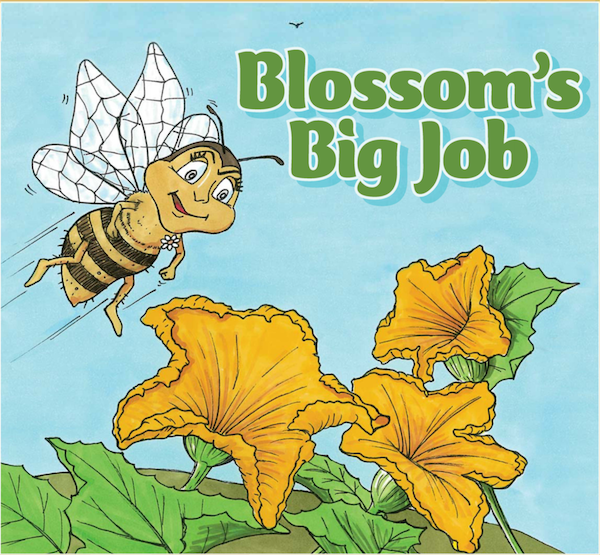For the month of April, Little Green Thumbs is celebrating Food Literacy!
All month long we will be exploring how school gardens act as a catalyst for food literacy learning, engaging students to explore their relationships with food and foster healthy eating practices. Follow Little Green Thumbs on social media for inspiration, tips and free resources to help you use garden-based learning as a platform for food education, ranging from food production, agriculture and ecology, to food justice, nutrition and beyond.
So, what do we mean by food literacy??
Imagine students who understand the impact of their food choices on their health, their community and their environment. Students who know how their food got to their plate and what food should be on their plate. Imagine students equipped with the knowledge and skills to grow and prepare their own food. Sounds simple enough and something we aspire for all youth, right?
We can define food literacy as the understanding of the systems by which food travels from soil to table and back to soil. This includes how food is grown, processed, transported, acquired, prepared, and consumed, and how waste is managed.
Fostering food literacy can look different in every school. It might mean improving the school food environment with more opportunities for social interactions around food, role modeling healthy food behaviours, creating learning opportunities in gardens, kitchens or local farms, and developing school food policy to limit access to junk food and increase the accessibility of healthy food.
Opportunities to support food literacy exist across curriculum areas, and many school administrators and teachers already recognize that schools share the responsibility of providing food literacy education; at specific points in a student’s education, making healthy food choices is even a specific curricular focus. Due to the lack of educational resources and the difficulty of engaging students in a meaningful way, this education can have little measurable impact on students’ dietary behaviors and relationships to food. Gardens brings food education to life, providing a framework of authentic experience for deeper reflection and body/sensory stimulation that acts as a catalyst for deep engagement, helping students internalize their learning.
Stay tuned all month for inspiration and practical tools and resources to engage students with food literacy education through the garden!
As a special gift, we are offering a free digital copy Alex’s First Seed, a storybook for early elementary students about a worm named Alex growing his very first plant. This fun, educational book will help students to learn about food waste and the important role worms play in maintaining healthy soil to grow food.

